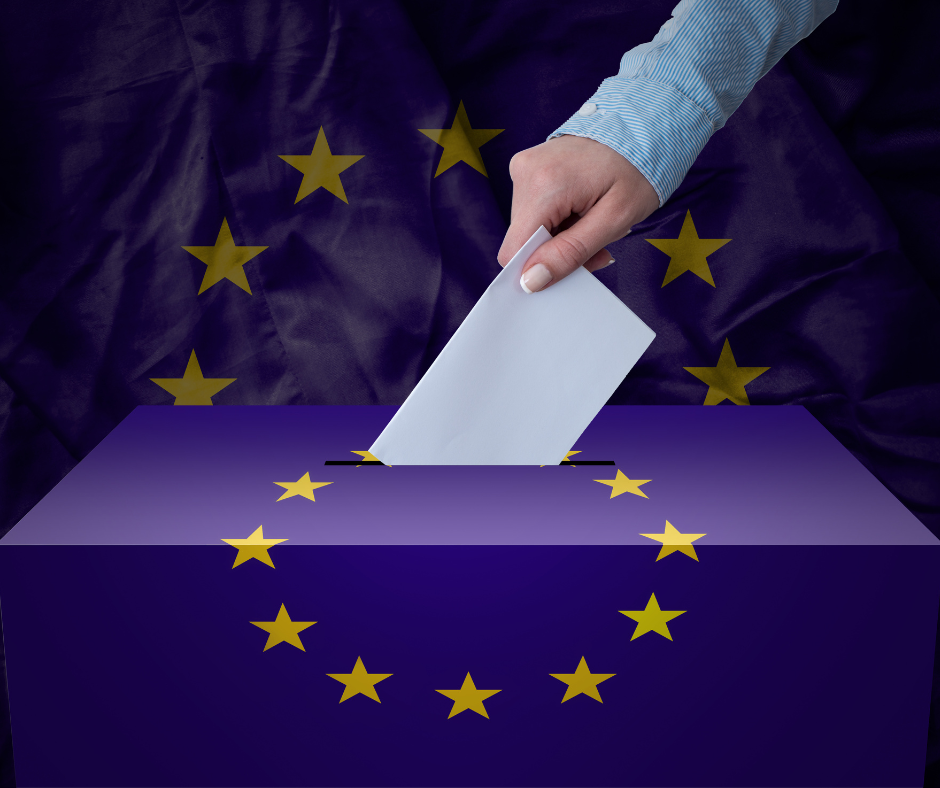Our government affairs manager, Zoltan Kesz, interviewed a candidate from Sweden Democrats for the European Parliament. The conversation sought to understand their perspectives on the future of Europe, the strategies they recommend for addressing present issues, and their position on important policy issues.
What are the biggest challenges the EU is currently facing?
“In the EU, there are issues of national sovereignty, self-determination, and unwanted EU interest in national policies. The border and migration crisis and Frontex. The issues with criminals using the Schengen as a way of doing crime across national borders.”
What is your vision of Europe in the coming decade?
“My vision is a Europe that is held together by our interest in our common market and our common values, but at the same time held together with a mutual respect for our cultural differences. Northern Europe differs from central, western, eastern, and southern – but we are also similar in certain keyways.”
How do you see the role of AI in the near future? What do you think of regulating it?
“The current modern AI:s being developed and that are in the zeitgeist at the moment are basically language models. They can ingest huge amounts of datasets containing various information, and because of numerous iterations are very good at guessing what a given person wants it to spit out. However, it is basically a new way of googling and summarizing information, not more revolutionary than that. I think the EU should be very careful of regulating new technologies that most people, not at the very least politicians, don’t even understand. As such I see no current reason for the EU to regulate the use of AI specially at all.”
How does Europe benefit from free trade agreements?
“To keep it basic: We benefit from free trade agreements by possibly making certain products, that originate from outside the union, cheaper to import. This can either be consumption goods meant for individuals, or it can mean base goods that are meant for manufacturing is some sense. However, it can also be more complex than this of course.”
Many politicians talk about energy diversification. What is the ideal solution, in your opinion?
“Energy diversification is not an inherent good in and of itself, instead focus should lie on both being energy neutral in regulation (meaning one shouldn’t work against or for any one type of energy production type) and removing unfair regulation obstacles for fossil free energy production types like nuclear energy.”
Which one do you prefer and why? Innovation vs regulation?
“Depends on the specific question obviously, but in general more in favor of innovation as regulation tends to lag and stifle progress in a general sense. However, there is a clear need of regulation in some cases, especially when certain companies basically obtain monopolies on certain technologies and by having to regulation on them are they ones stifling innovation by pushing other actors of the market.”
What are your constituents concerned about regarding the European Union?
“Swedish citizens are most concerned about the continuing federalization of the European Union and its increasingly unwanted interest in national policies that clearly are not about the EU inner market, our common border or battling European crime. The EU needs to go back to having a singular purpose of being a free trade project in Europe, so that the Europeans economies, collectively, have muscles to flex towards the larger world economies.”
Do you think it is wise to accept more countries into the Union?
“It is not an inherent good to accept more countries into the union. I think firstly, there needs to be a clear cultural connection to European history and identity, and the country needs to share those general European values. Secondly, the same requirements that have been put on previous member states, like economic stability, a good rule of law and so forth – need to be irontight and can’t be disregarded for any country under any circumstances wanting to join the union.”

